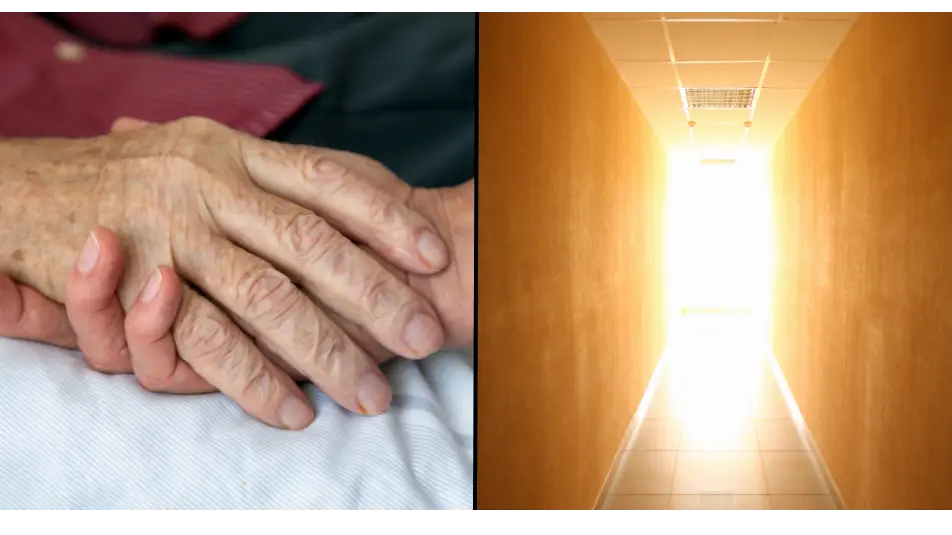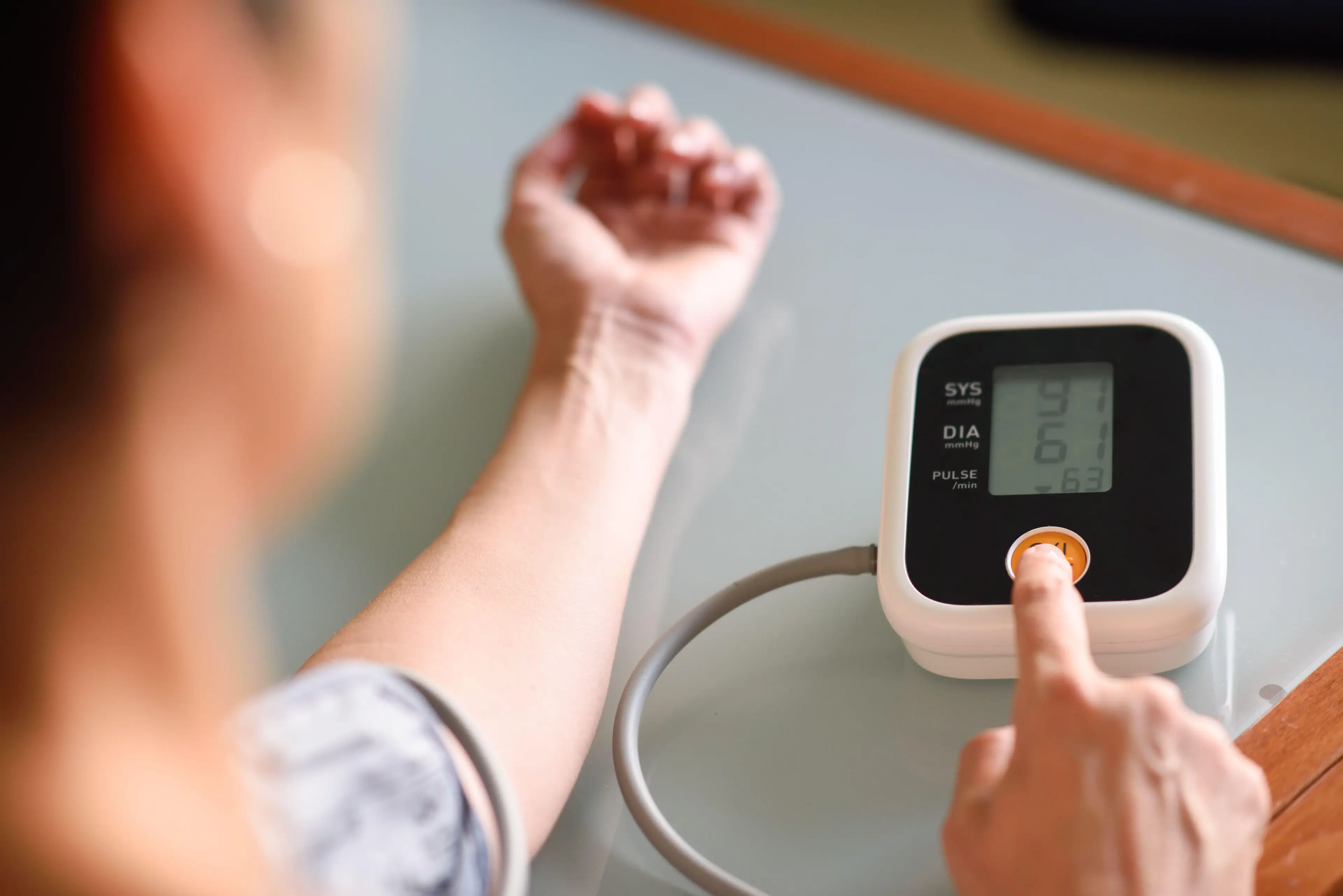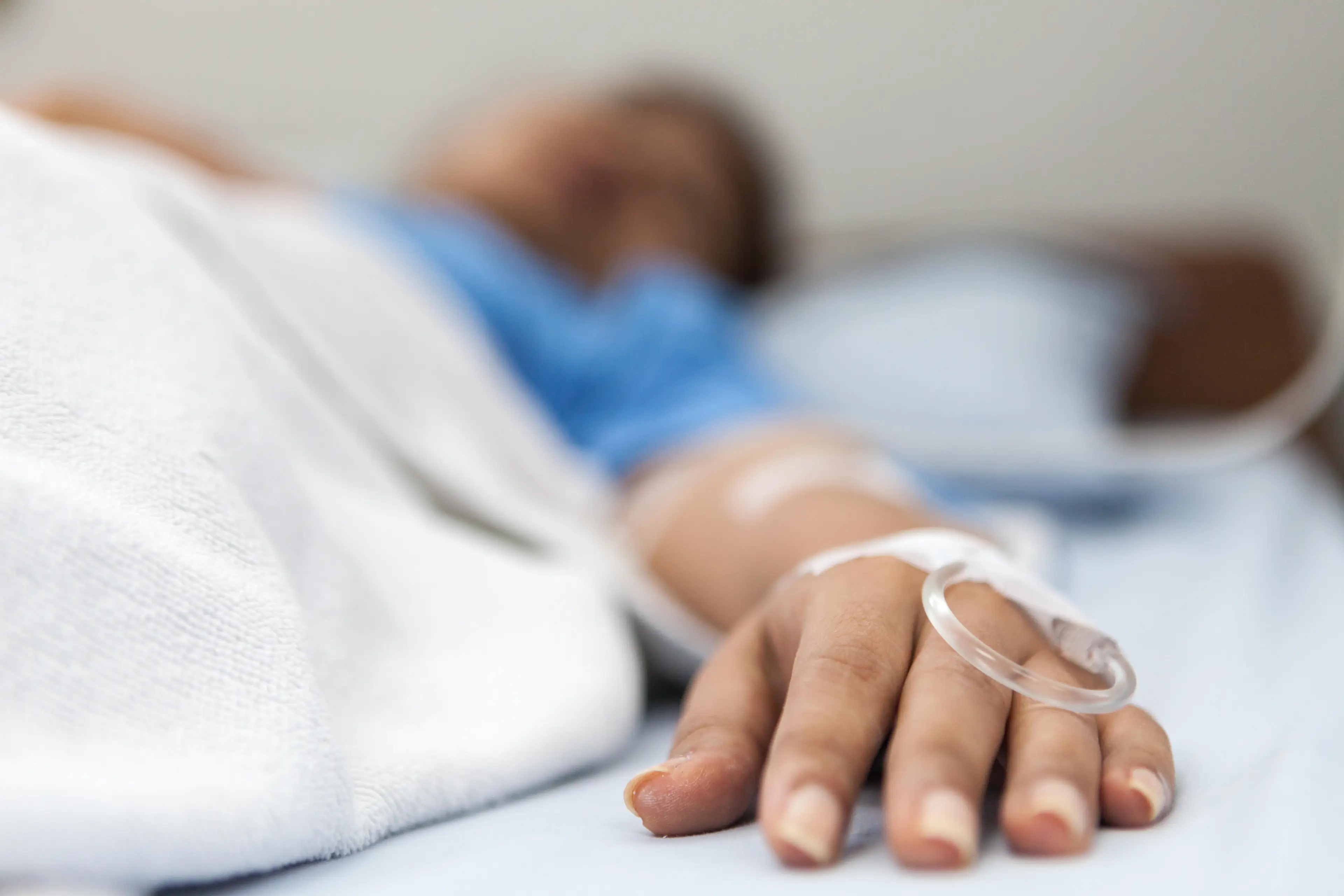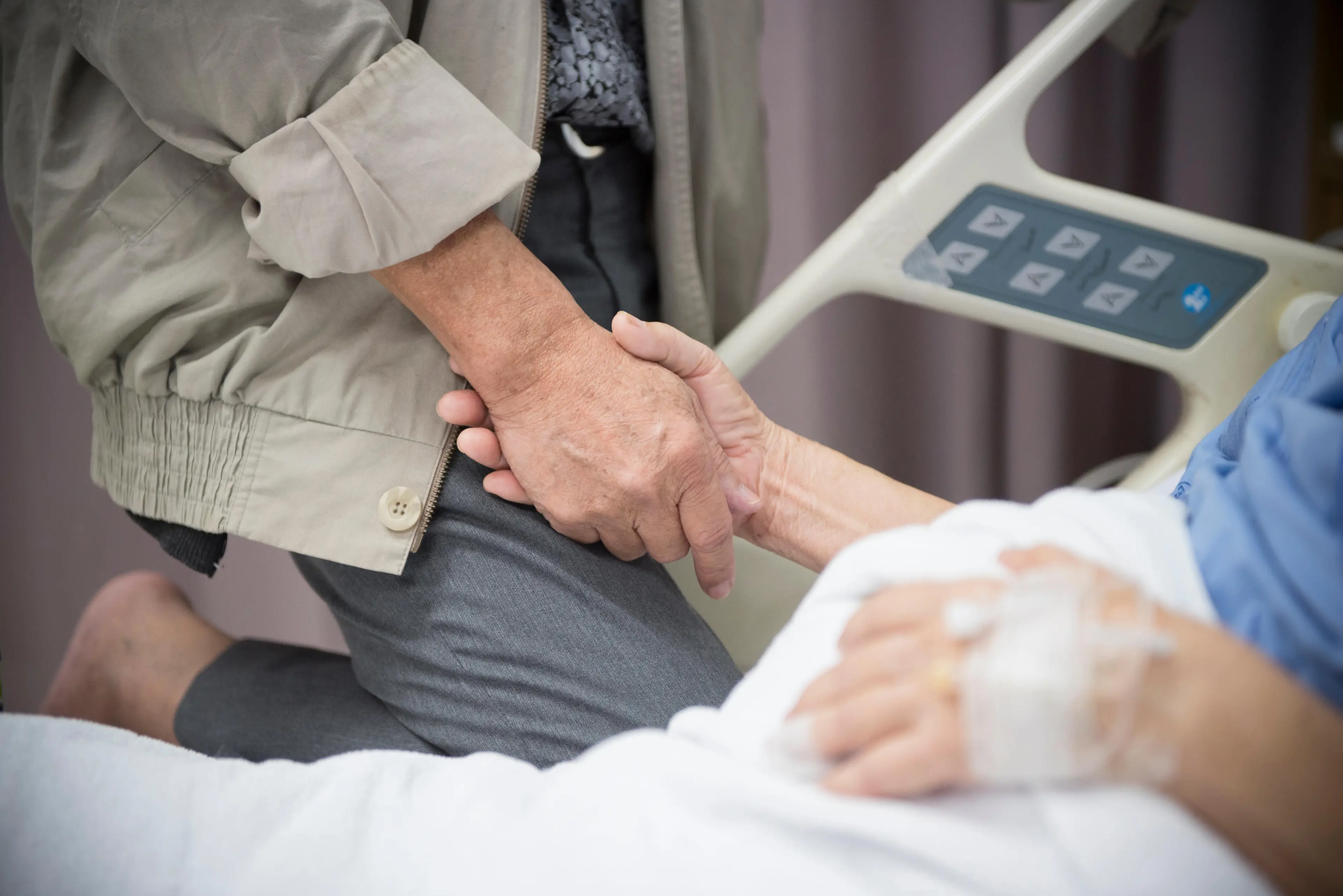
While death is something that most people don't like to think about, it inevitably crosses our minds from time to time.
Now, medical experts have explained that there are four main things that happen when our lives come to an end.
Your blood pressure drops
The first sign that a person is dying, which they may well notice depending on their physical state, is that their body will slowly but surely begin to shut down.
This is marked by a drop in blood pressure, which Zachary Palace, a medical director, said can cause them to look pale.
Advert
"The fingers may get cold or turn blue," he added. "If you feel the pulse, it will be weak."

This change in the body may leave the person experiencing it feeling confused, however, it could also be peaceful.
One Reddit user described their near-death experience as being like a 'pure, perfect, uninterrupted sleep, no dreams'.
Your breathing slows
The second stage of death involves a person's breathing, which will begin to slow down.
As noted by Dr Palace, a dying person will 'develop an irregular type of breathing, and that's a sign that things are pretty ominous.'
This deprival of the body of oxygen is what ultimately causes a person's heart to stop.
You lose consciousness
It's at this point that a person may begin to fall in and out of consciousness as they enter the third stage of death, which is sleep.

Dr Kathryn Mannix wrote in Science Focus: "There may be periods of restlessness or moments of confusion, or just gradually deepening unconsciousness.
"Unconscious people’s breathing follows automatic patterns generated by the respiratory centre in the brain stem.
"Because they’re unaware of their mouth and throat, dying people may breathe heavily, noisily or through saliva in the back of their throat, yet without apparent distress."
Your brain shuts down
The fourth and final stage that you can expect to happen when you're about to die involves your brain activity, which doesn't necessarily switch off until you've passed away.
While a person might physically be unresponsive at this stage, their brain could still be responding to sound.
Elizabeth Blundon, who studied electrical activity in the brains of the dying, said: "In the last hours before an expected natural death, many people enter a period of unresponsiveness.
"Our data shows that a dying brain can respond to sound, even in an unconscious state, up to the last hours of life."

"We have no proven way to investigate what people experience during dying," the doctor added.
"Recent research shows that, even close to death, the unconscious brain responds to noises in the room.
"We don’t know how much sense music or voices make to a dying person, however."
